Home>Articles>How To Clean Stained Butcher Block Countertops
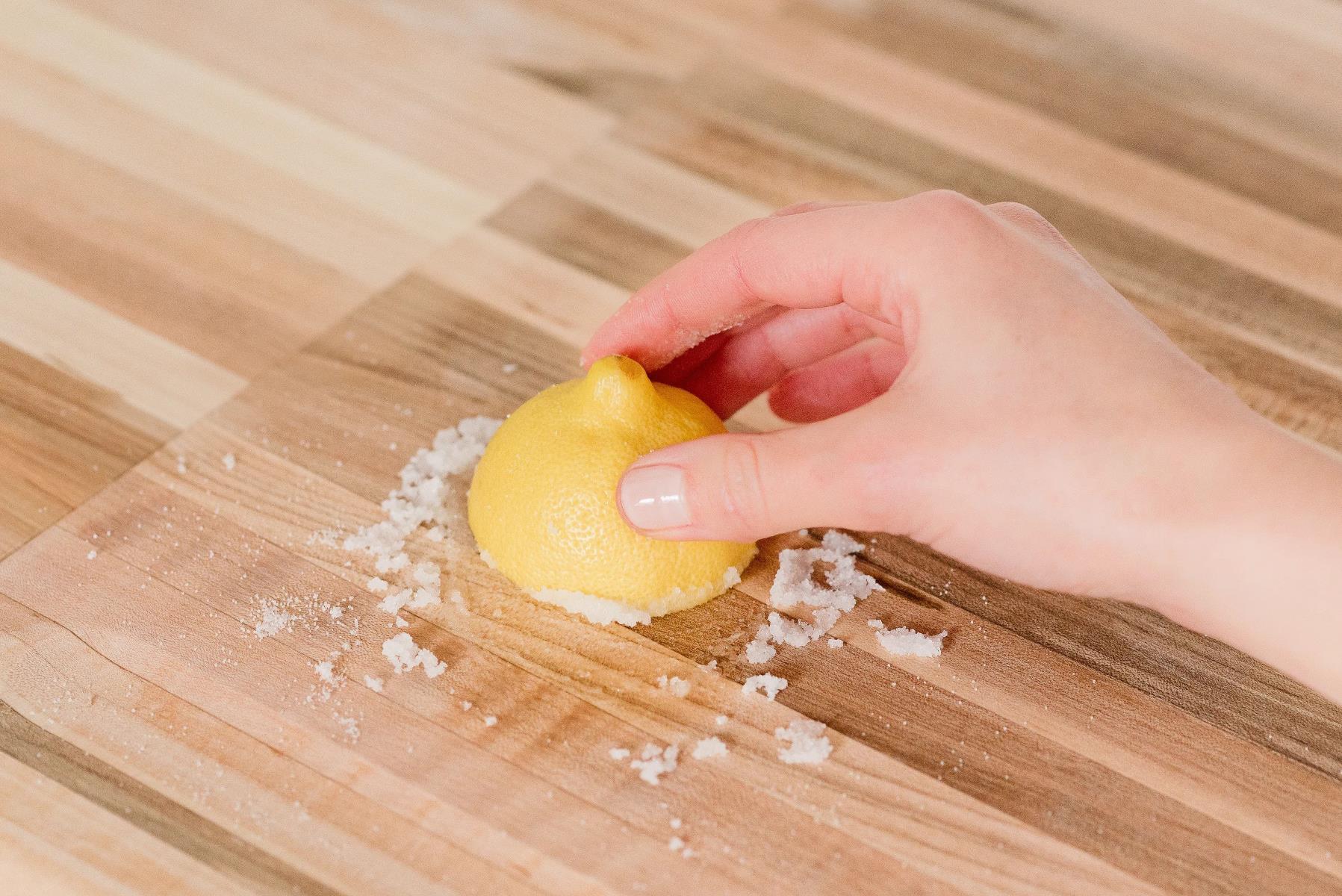

Articles
How To Clean Stained Butcher Block Countertops
Modified: December 7, 2023
Learn effective techniques and tips for removing stubborn stains from your butcher block countertops with our informative articles. Achieve a spotless and pristine surface today!
(Many of the links in this article redirect to a specific reviewed product. Your purchase of these products through affiliate links helps to generate commission for Storables.com, at no extra cost. Learn more)
Introduction
Butcher block countertops offer a stunning and rustic aesthetic to any kitchen. Made from thick, solid strips of wood, they can add warmth and character to your cooking space. However, over time, these countertops can become stained and discolored due to spills, heat, and everyday use. Cleaning stained butcher block countertops requires a gentle yet effective approach to preserve the natural beauty and longevity of the wood.
In this article, we will guide you through the process of cleaning stained butcher block countertops. We will provide you with the necessary materials, step-by-step instructions, and preventive maintenance tips to keep your countertops looking their best.
Key Takeaways:
- Preserve the natural beauty of your butcher block countertops by using gentle cleaning methods and preventive maintenance. Remove stains with basic solutions and remedies, and maintain the wood’s longevity with regular care.
- Keep your butcher block countertops looking their best by promptly cleaning spills, using cutting boards, and applying mineral oil. Prevent heat damage and moisture exposure, and inspect for any signs of damage to prolong their lifespan.
Materials needed
Before you start cleaning your stained butcher block countertops, gather the following materials:
- Mild dish soap
- White vinegar
- Baking soda
- Lemon juice
- Soft sponge or cloth
- Microfiber cloth or towel
- Warm water
- Mineral oil or butcher block conditioner
These materials are readily available in most households or can be easily purchased from a local store. By using these items, you’ll have everything you need to effectively clean and maintain your stained butcher block countertops.
Cleaning preparation
Before you begin cleaning your stained butcher block countertops, it’s important to properly prepare the area and gather all the necessary supplies. Follow these steps to ensure a successful cleaning process:
- Clear the countertops: Remove any items, such as cutting boards, utensils, or appliances, from the countertop surface. This will allow you to access the entire area and clean it thoroughly.
- Wipe down the surface: Use a dry cloth or paper towel to remove any loose debris or crumbs from the countertop. This will make it easier to clean the stains without further staining the surface.
- Create your cleaning solution: You have several options for a homemade cleaning solution. Mix a small amount of mild dish soap with warm water or create a solution of equal parts white vinegar and water. Alternatively, you can make a paste by combining baking soda and lemon juice.
By taking these steps, you will be ready to tackle the stains on your butcher block countertops with a clean and organized workspace.
Basic cleaning method
Now that you’ve prepared the area and gathered your cleaning supplies, it’s time to start the basic cleaning process for your stained butcher block countertops. Here’s a step-by-step guide to help you:
- Apply the cleaning solution: Dip a soft sponge or cloth into the cleaning solution you prepared earlier. Gently apply the solution to the stained areas of the butcher block countertop. Make sure to cover the entire stain and work the solution into the wood.
- Gently scrub the stains: Use a circular motion to gently scrub the stains on the countertop. Avoid using excessive force or abrasive materials, as this can damage the wood. Allow the cleaning solution to sit on the stain for a few minutes to loosen it.
- Rinse with warm water: After scrubbing, rinse the countertop with warm water. This will remove any remaining cleaning solution and residue from the surface. Ensure that all the soap or vinegar is thoroughly rinsed off.
- Dry the countertop: Use a microfiber cloth or towel to dry the butcher block countertop completely. Moisture can damage the wood, so it’s essential to remove any excess water after cleaning. Ensure the countertop is completely dry before moving on to the next step.
- Apply mineral oil or butcher block conditioner: Once the countertop is dry, apply a thin layer of mineral oil or butcher block conditioner to the entire surface. This will help protect and nourish the wood. Follow the product instructions for the specific type of oil or conditioner you are using.
By following these steps, you will be able to remove most stains from your butcher block countertops and restore their natural beauty. However, if you still have stubborn stains, additional methods can be used.
To clean stained butcher block countertops, mix equal parts of water and white vinegar, then apply the solution to the stains and let it sit for a few minutes before wiping it off with a damp cloth.
Dealing with stubborn stains
Sometimes, basic cleaning methods may not be enough to tackle stubborn stains on your butcher block countertops. Here are some additional methods and remedies you can try to remove those persistent stains:
- Lemon juice and salt: For tough stains, create a paste by mixing lemon juice and salt. Apply the mixture to the stain and let it sit for a few minutes. Gently scrub the area with a soft cloth or sponge, then rinse with warm water.
- Baking soda paste: Make a paste by combining baking soda and water. Apply the paste to the stain and let it sit for a few minutes. Scrub the area gently, then rinse with warm water.
- Hydrogen peroxide: For dark or deep stains, you can try using hydrogen peroxide. Apply a small amount directly to the stain and let it sit for a few minutes. Scrub gently with a soft cloth or sponge, then rinse thoroughly.
- Sandpaper: If all else fails, you can lightly sand the stained area using fine-grit sandpaper. Sand in the direction of the grain until the stain is removed. Be careful not to sand too aggressively and damage the wood. After sanding, clean the area and reapply a protective layer of mineral oil or butcher block conditioner.
Remember to always test any cleaning method or remedy on a small, inconspicuous area of your butcher block countertop before applying it to the entire stained area. This will help ensure that the cleaning method does not cause any damage or discoloration to the wood surface.
By utilizing these methods, you can effectively remove stubborn stains from your butcher block countertops and restore their natural beauty.
Read more: How To Do Butcher Block Countertops
Preventive maintenance tips
Once you have successfully cleaned and removed stains from your butcher block countertops, it’s important to implement preventive measures to keep them looking their best. Here are some tips to help you maintain the beauty and longevity of your countertops:
- Regularly clean spills: Clean up spills as soon as they occur to prevent them from penetrating the wood surface and causing stains. Use a soft cloth or paper towel to absorb the spill, then clean the area with a mild dish soap solution.
- Avoid cutting directly on the countertop: While butcher block countertops are durable, it’s best to use cutting boards to protect the wood from scratches and knife marks. This will also prevent the transfer of food stains onto the countertop surface.
- Use heat-resistant pads: To prevent heat damage, always use heat-resistant pads or trivets when placing hot pots, pans, or dishes on the countertops. Direct contact with hot items can cause discoloration and deformation of the wood.
- Regularly apply mineral oil or conditioner: Apply a thin layer of mineral oil or butcher block conditioner every few months to replenish the wood and keep it moisturized. This will help prevent drying, cracking, and staining.
- Avoid prolonged exposure to moisture: Wipe down your butcher block countertops after each use and ensure they stay dry. Prolonged exposure to moisture can lead to warping, mold, and water stains on the wood surface.
- Regularly inspect for damage: Periodically inspect your countertops for any signs of damage, such as cracks, deep scratches, or gouges. If you notice any issues, take prompt action to repair or seek professional assistance to prevent further damage.
By incorporating these preventive maintenance tips into your routine, you can effectively prolong the lifespan of your butcher block countertops and minimize the occurrence of stains and damage.
Conclusion
Cleaning stained butcher block countertops requires a gentle yet effective approach to preserve their natural beauty and longevity. By following the steps outlined in this article and utilizing the appropriate cleaning methods and remedies, you can successfully remove stains and restore the appearance of your countertops.
Remember to always start with basic cleaning methods using mild dish soap, white vinegar, or baking soda paste. If stubborn stains persist, try remedies such as lemon juice and salt, hydrogen peroxide, or light sanding. Additionally, implementing preventive maintenance measures, such as regular cleaning, using cutting boards, and applying mineral oil or conditioner, will help keep your butcher block countertops in optimal condition.
It’s essential to be mindful of the materials and techniques used when cleaning stained butcher block countertops to avoid causing further damage or discoloration. Always test any cleaning method or remedy on a small, inconspicuous area before applying it to the entire countertop surface.
With proper care and maintenance, your stained butcher block countertops will continue to add warmth, character, and functionality to your kitchen for years to come.
Frequently Asked Questions about How To Clean Stained Butcher Block Countertops
Was this page helpful?
At Storables.com, we guarantee accurate and reliable information. Our content, validated by Expert Board Contributors, is crafted following stringent Editorial Policies. We're committed to providing you with well-researched, expert-backed insights for all your informational needs.
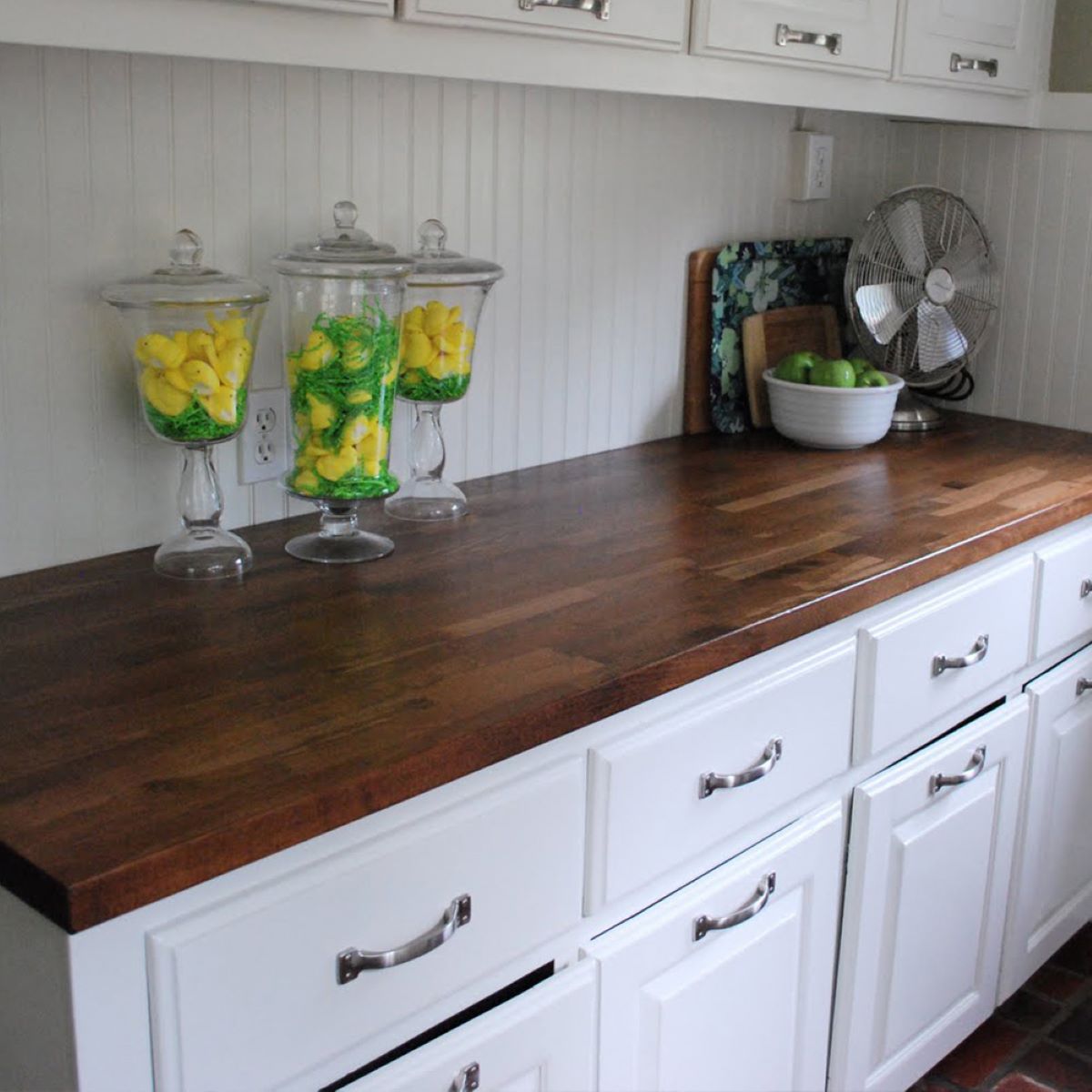
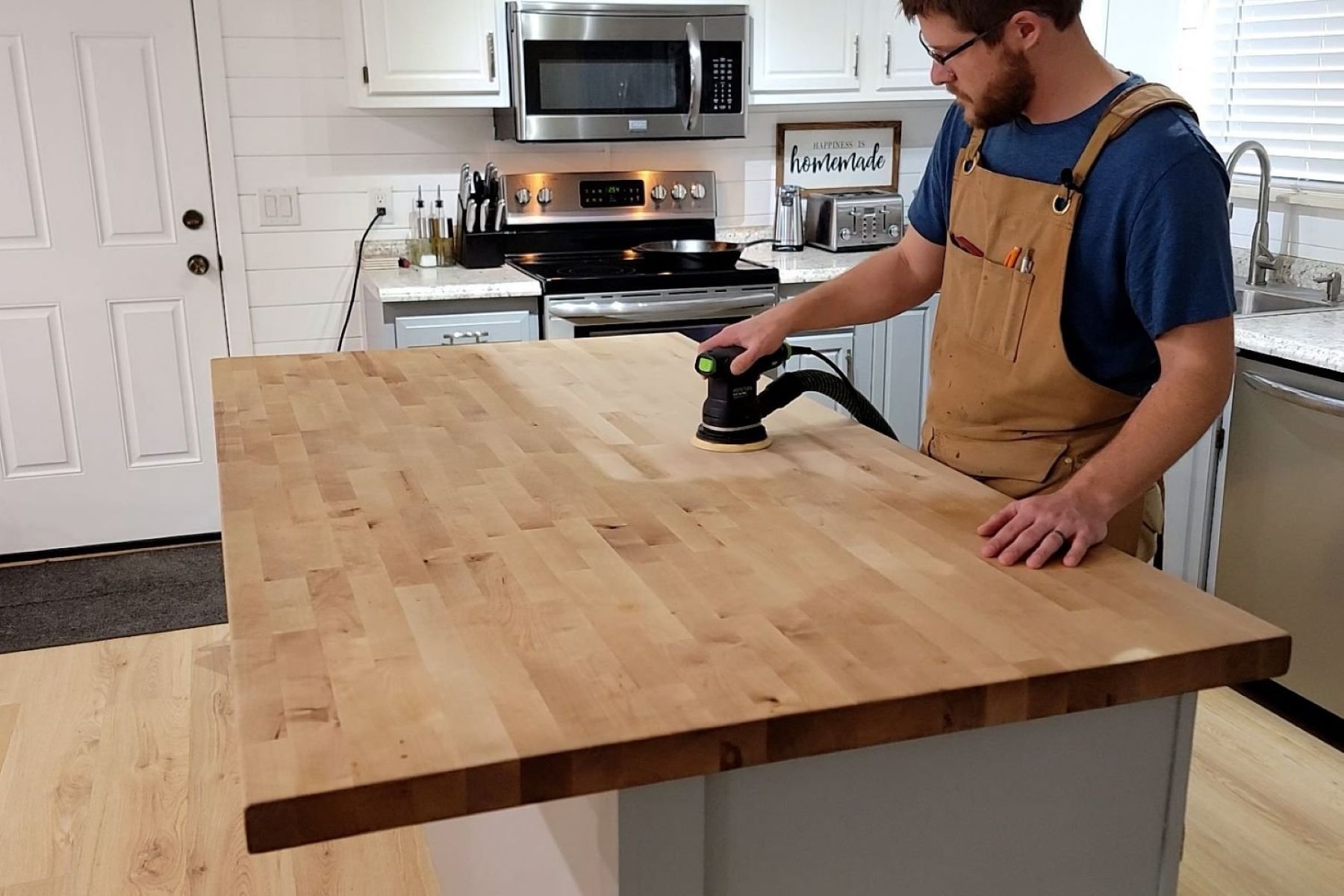
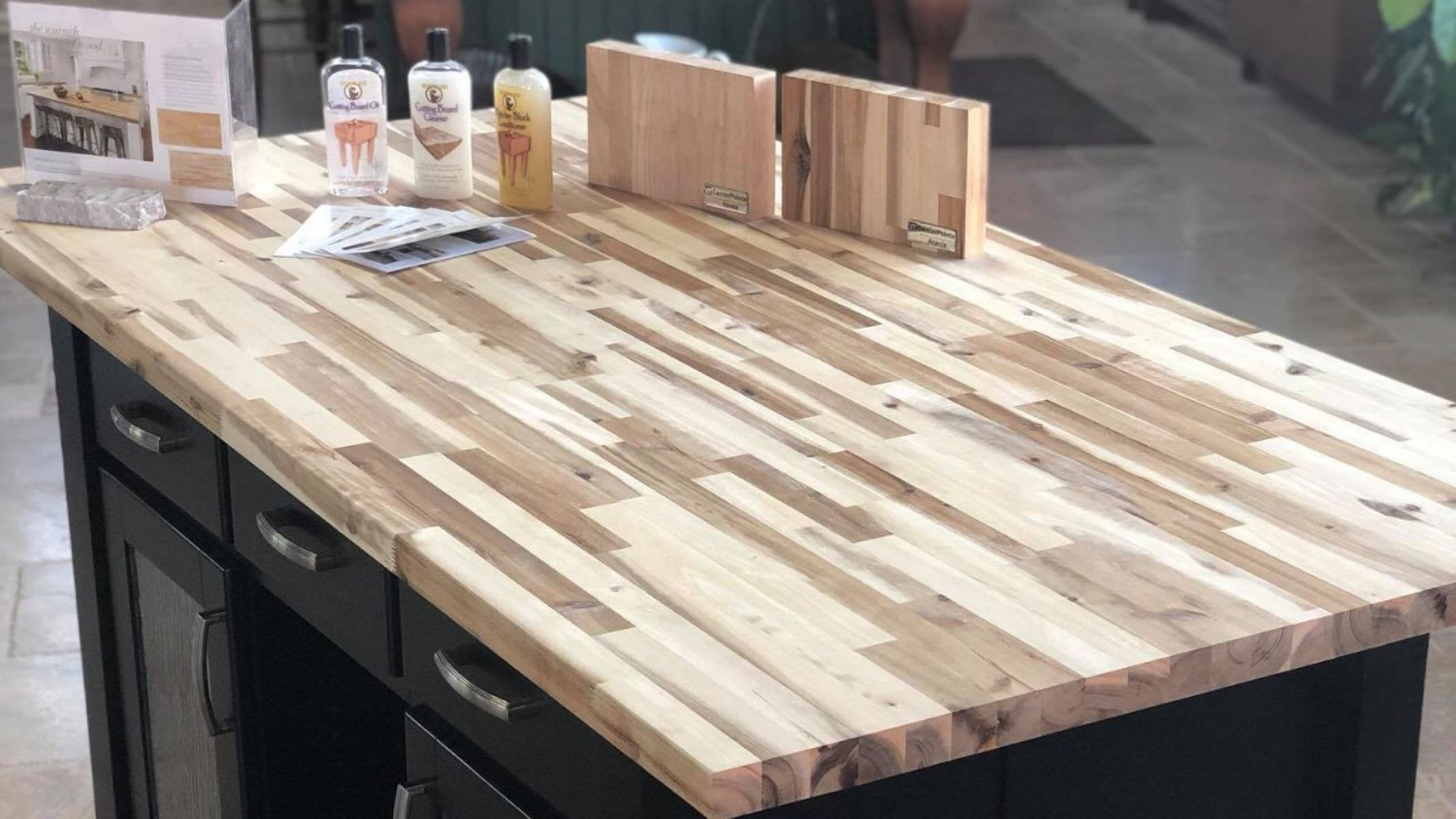
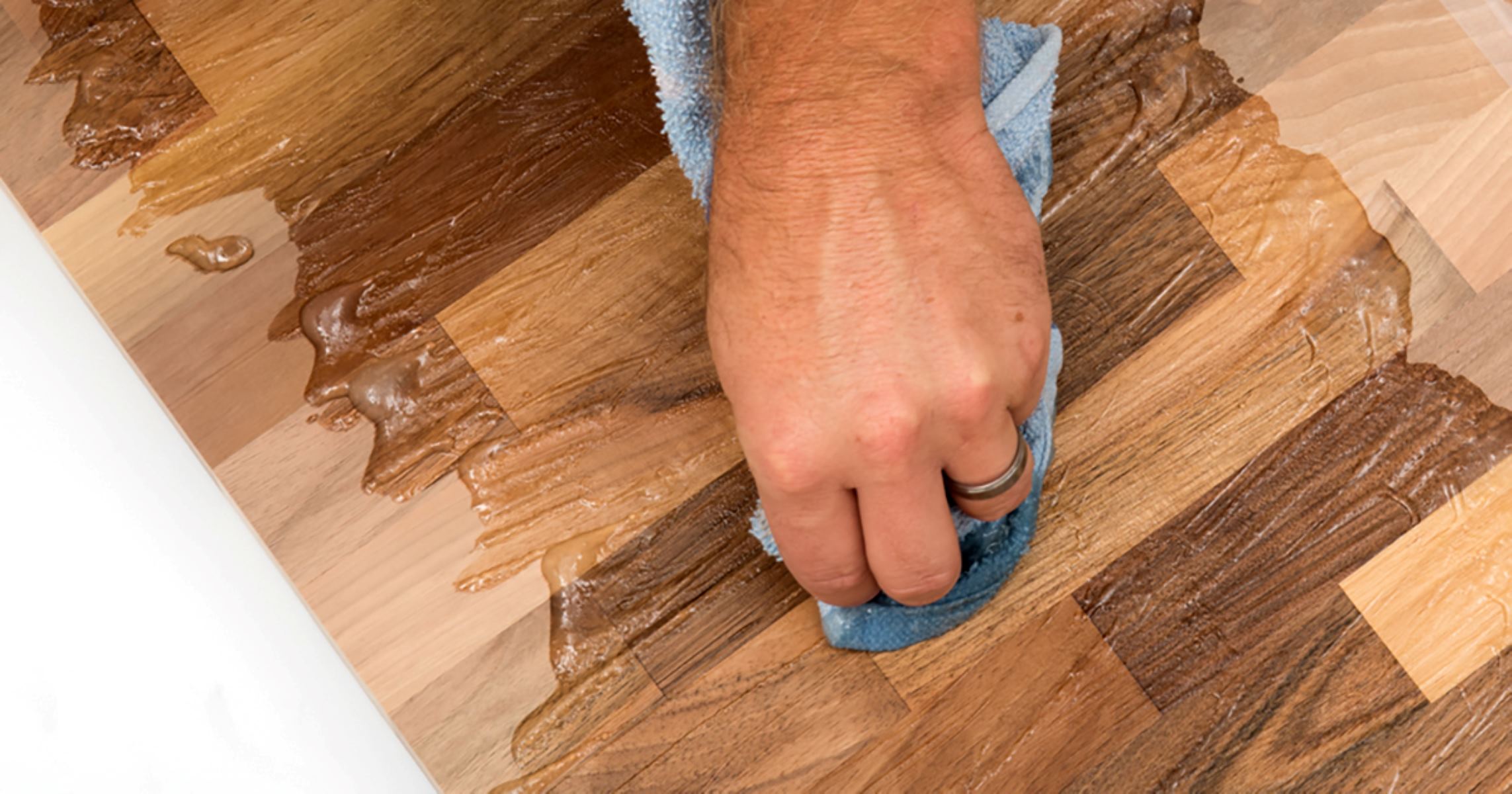
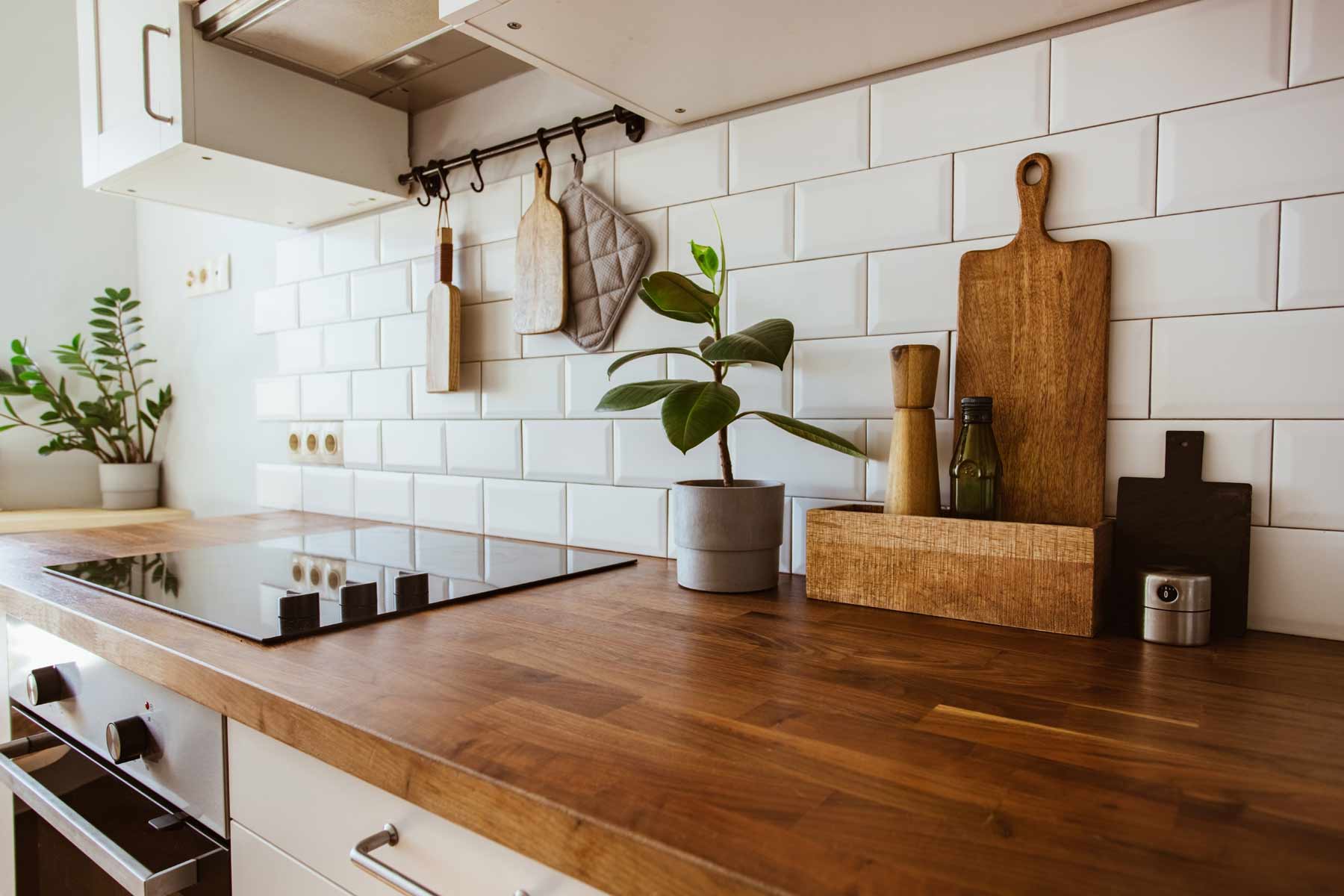
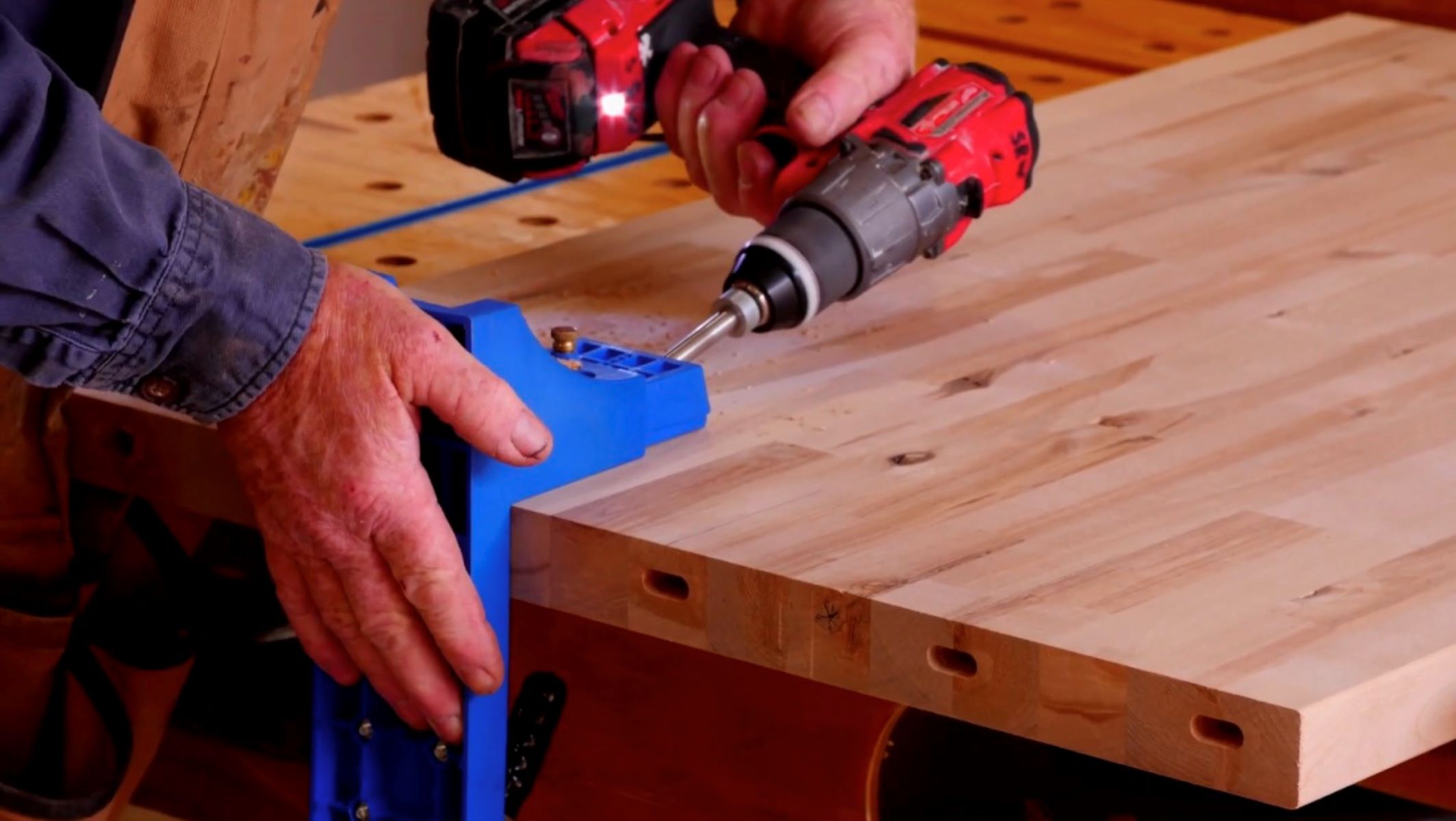
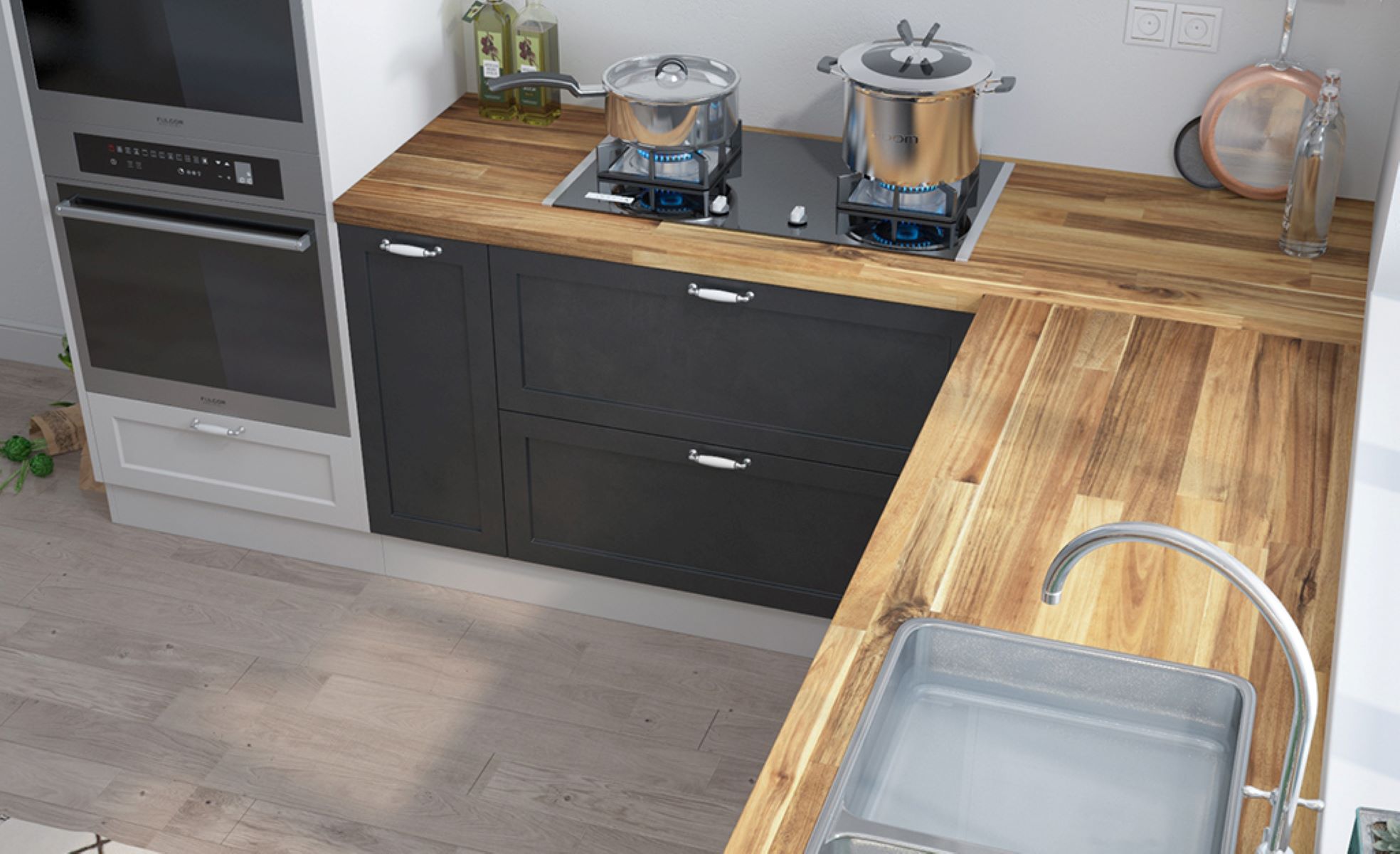
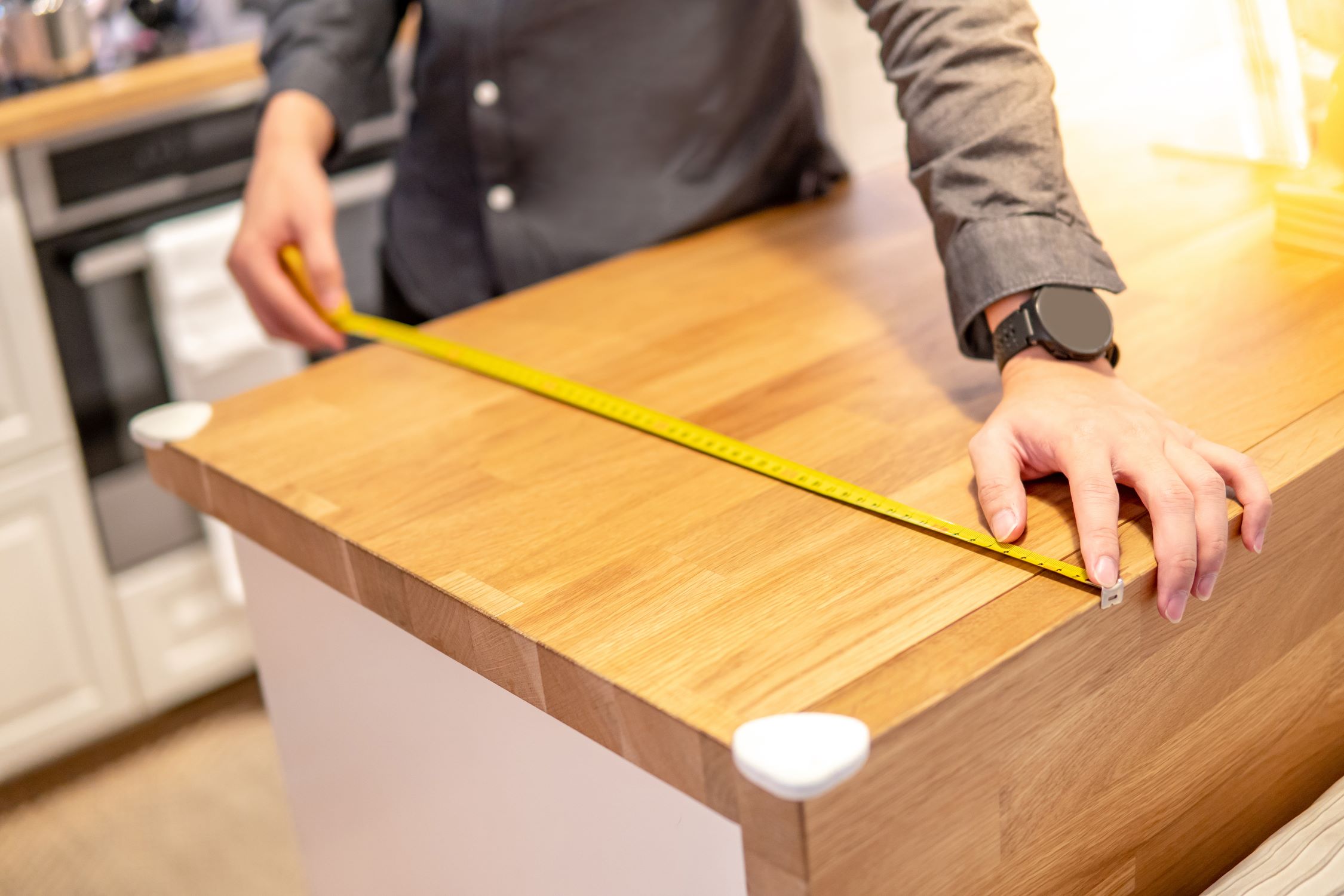
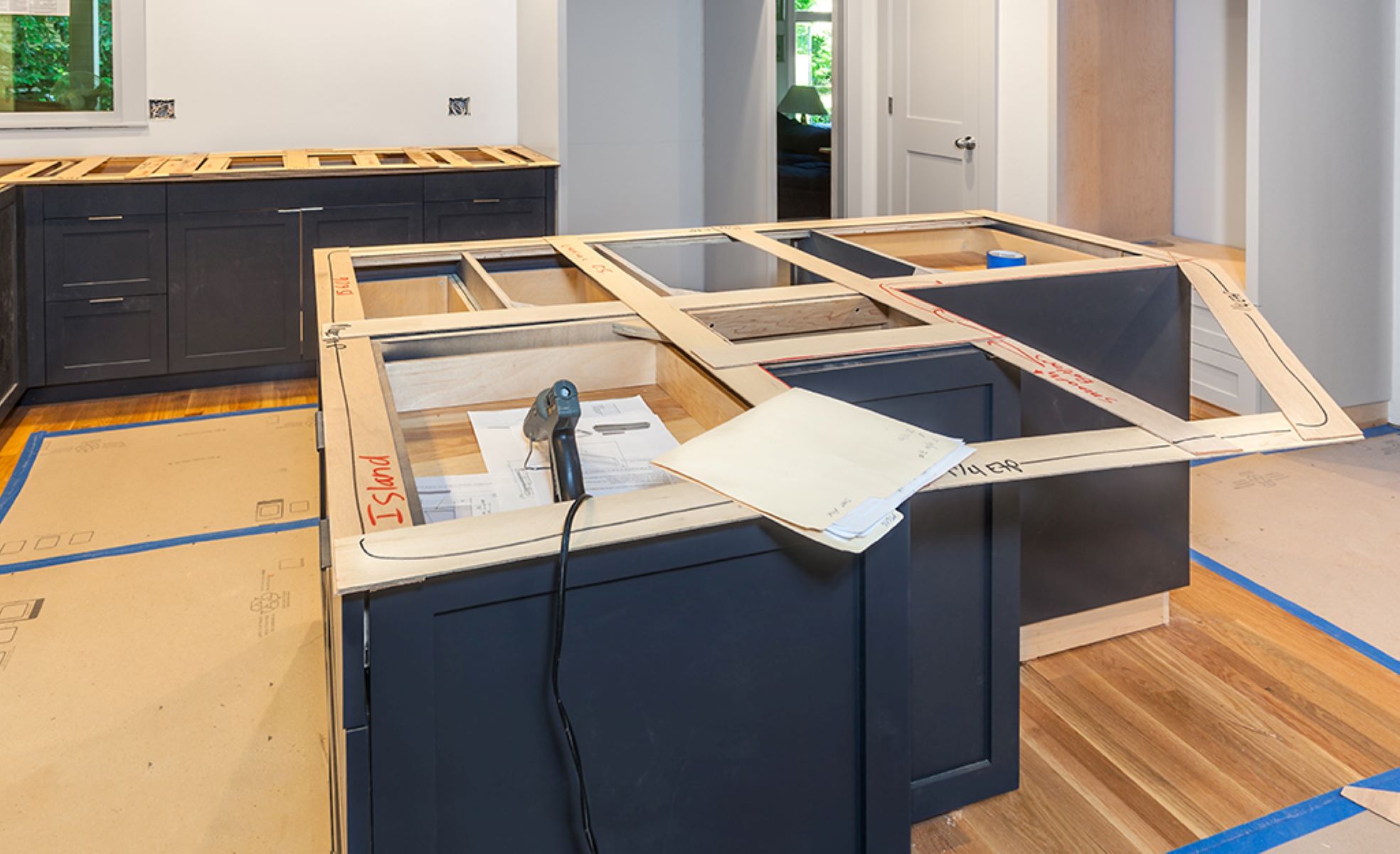
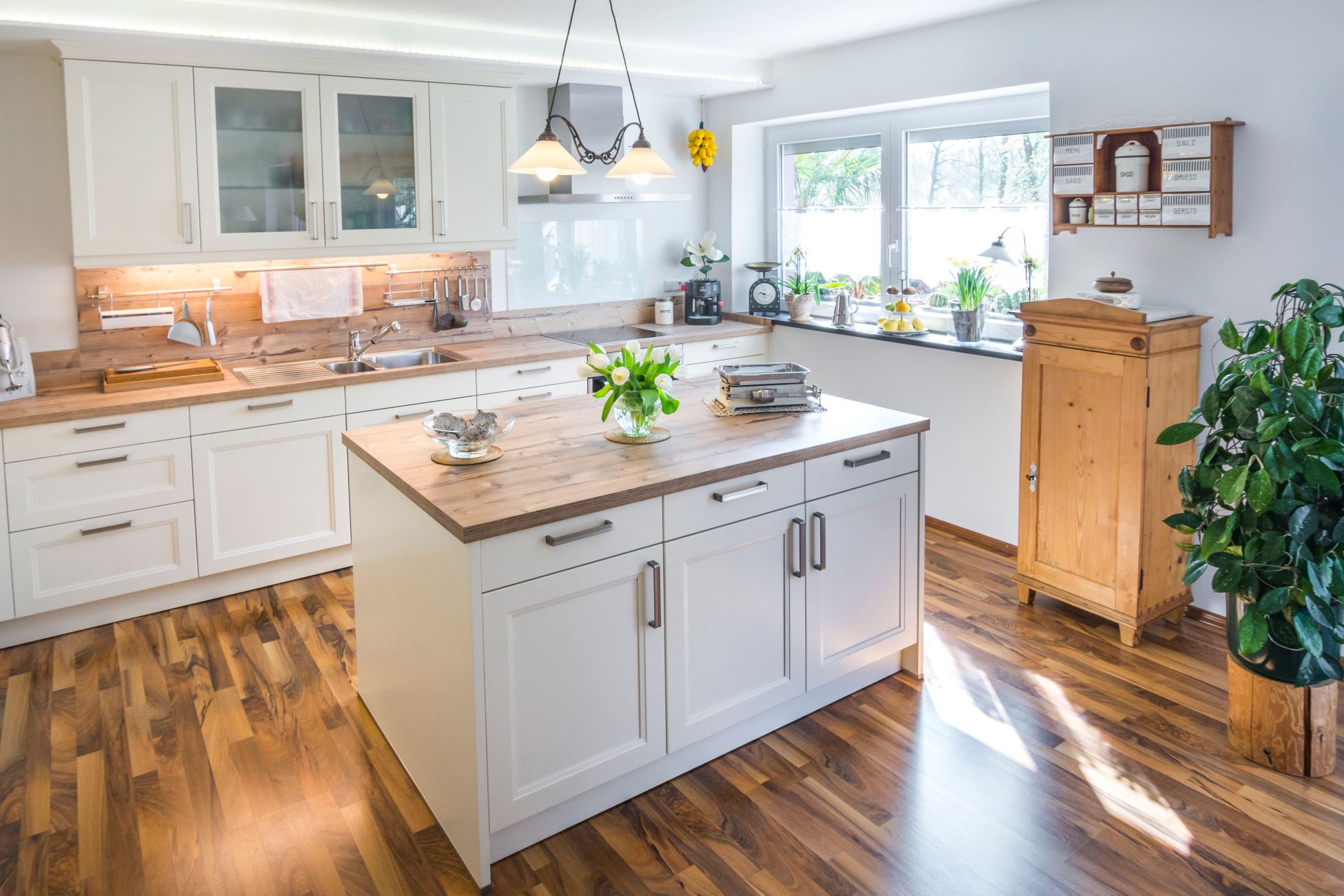
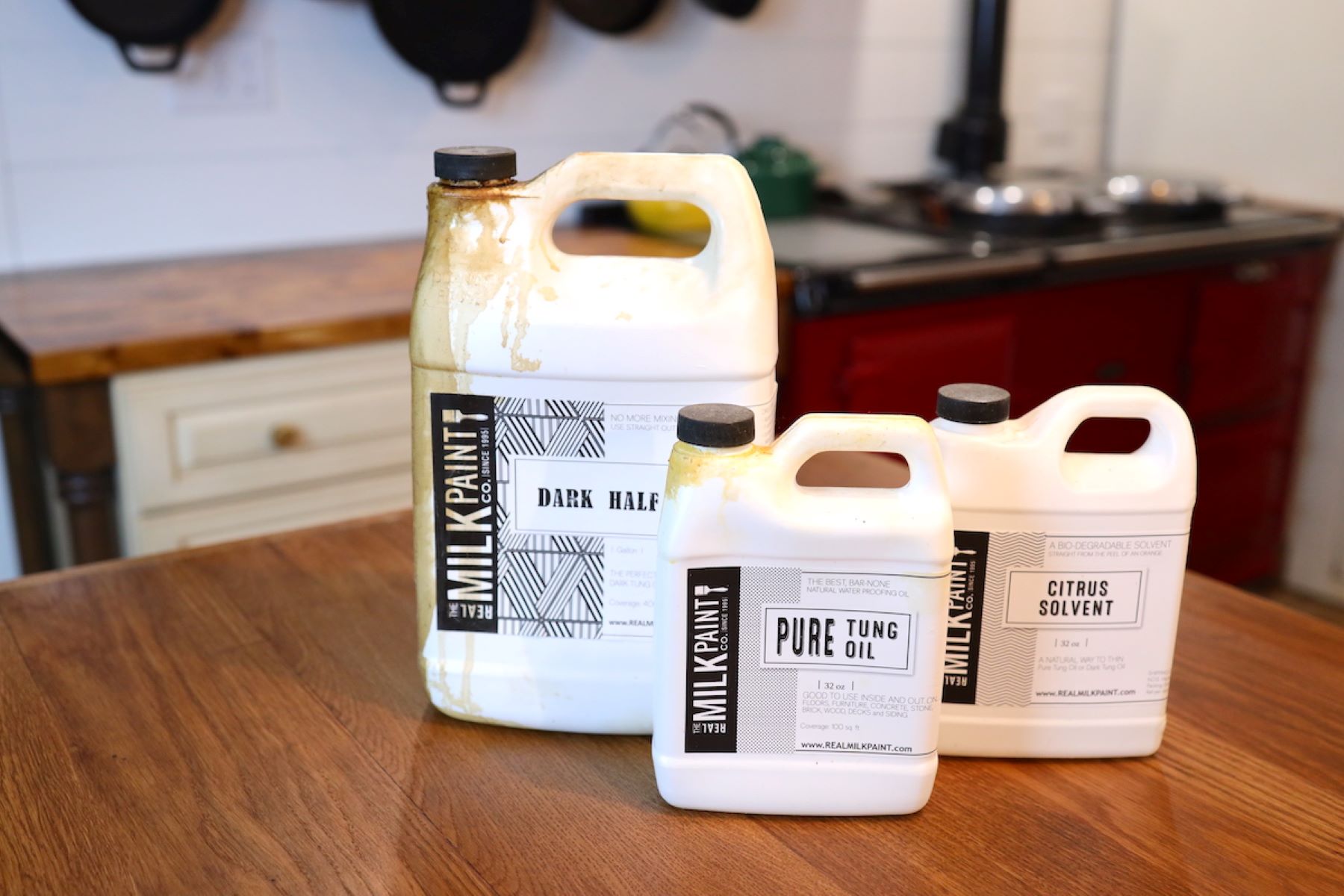
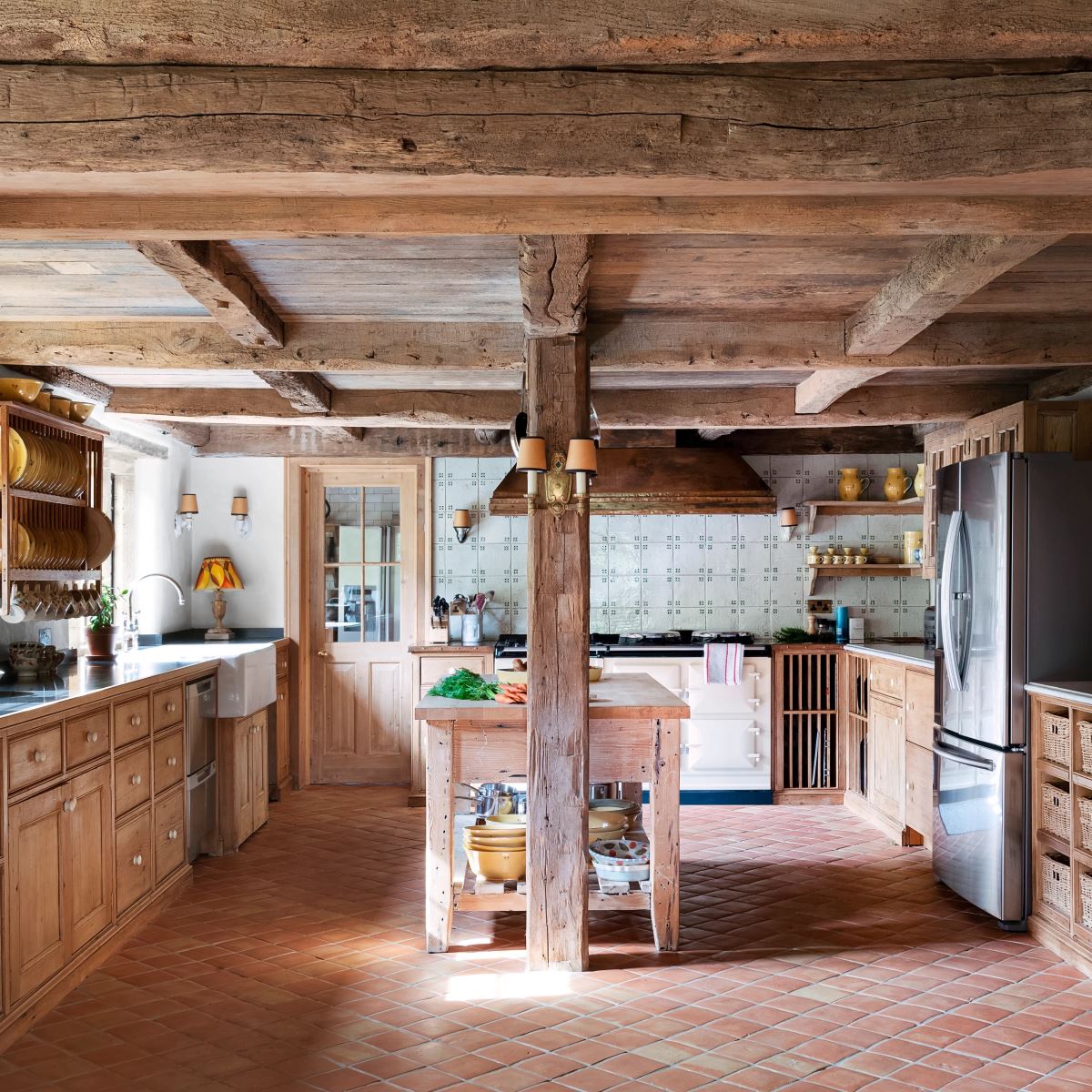
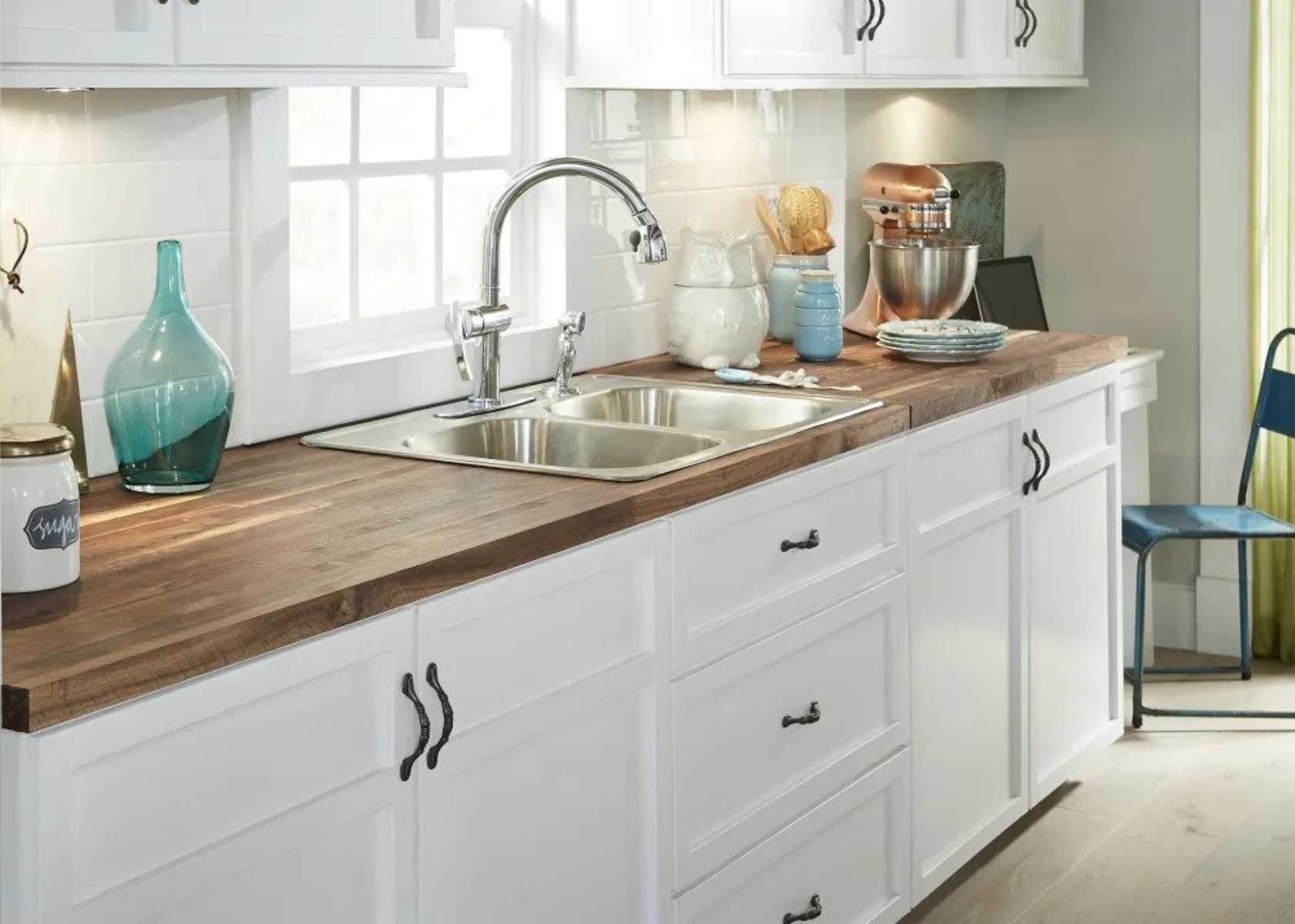
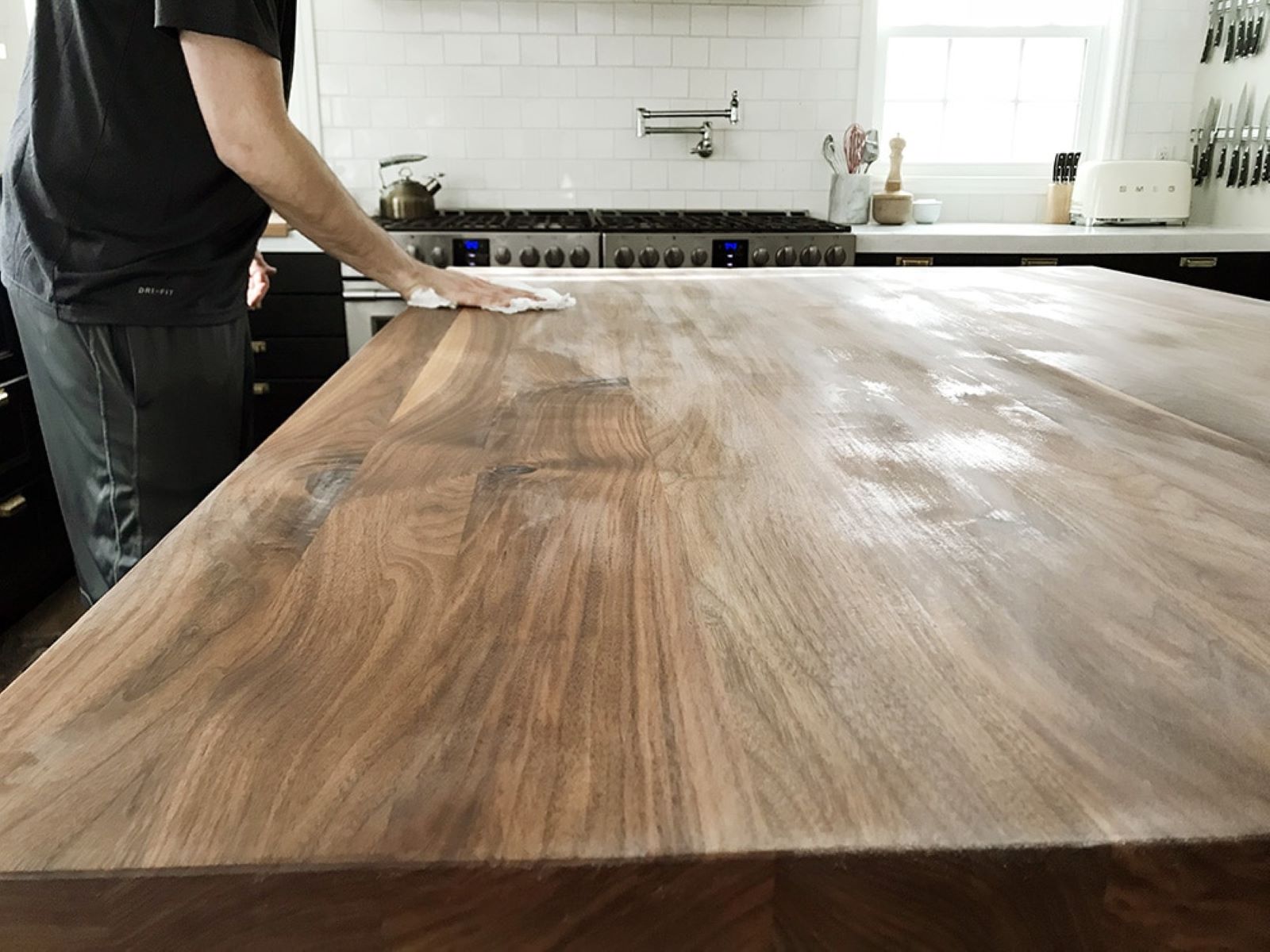

0 thoughts on “How To Clean Stained Butcher Block Countertops”